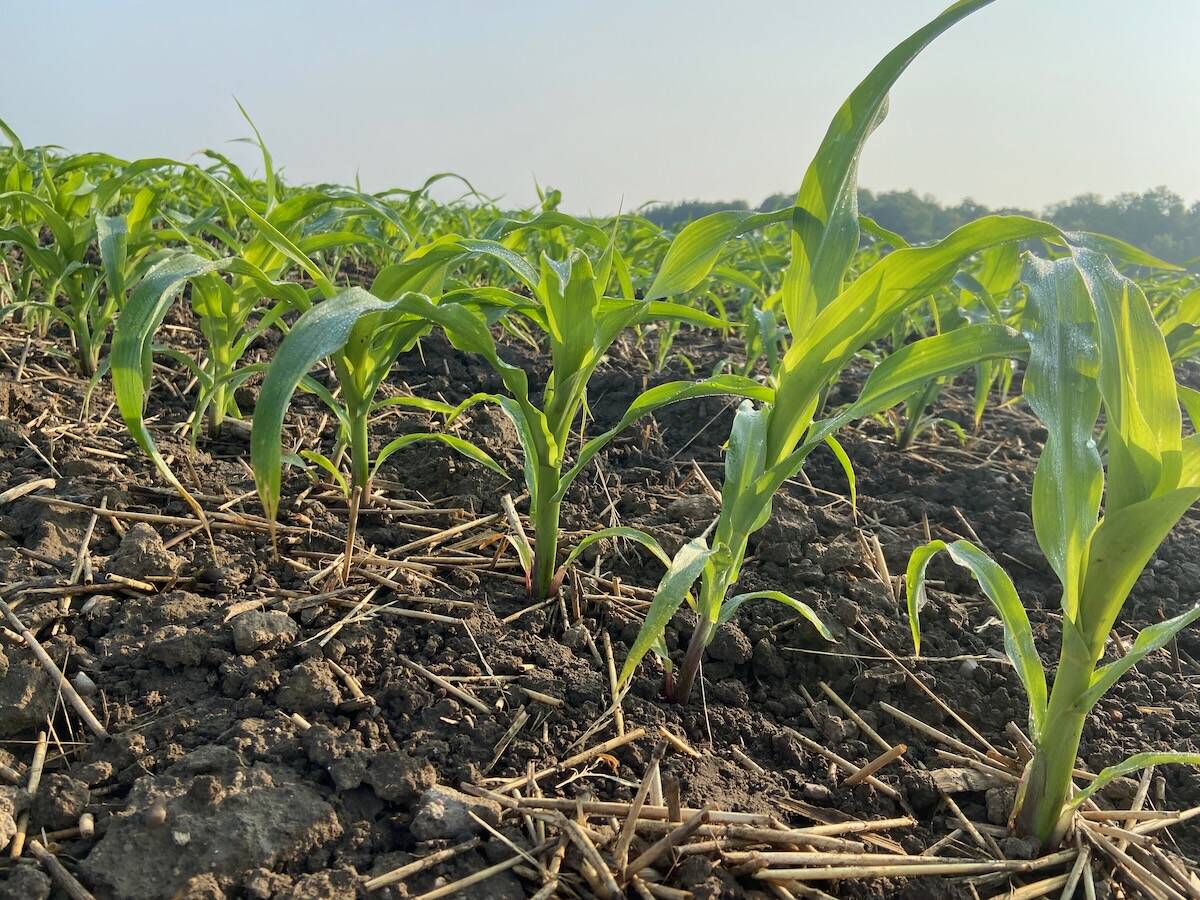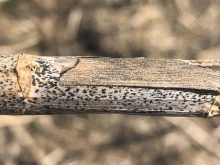China’s partial ban on canola seed imports from Canada last year was a boon to value-added exports of oil and meal to that country.
While exports of canola seed to China fell in 2009 after it declared it would no longer accept Canadian canola unless it was certified free of the fungal disease blackleg, exports of oil and meal both rose dramatically, an industry official says.
“China still has money and there’s a huge demand for canola oil and meal,” said Dave Hickling, the Canola Council of Canada’s vice-president of canola utilization.
Read Also

Can we trust the USDA crop data anymore?
Indications that farmers, analysts and traders have started to lose trust in U.S. Department of Agriculture data are hardly a surprise.
Canadian canola oil shipments to China in 2009-10 totalled 620,000 tonnes, up from 395,200 the year previous.
“We have been selling oil to China for many years, it’s not something totally new, but it’s up quite a bit,” Hickling said.
Canola meal exports have risen from virtually zero to 430,000 tonnes.
Because blackleg is common in Canadian canola, there’s no practical way to meet China’s demand for certification its seed is free of the disease. Chinese officials later agreed to allow Canadian canola to be crushed at four plants outside the country’s canola growing region.
As a result, Canada still exported 2.2 million tonnes of canola seed to China in the crop year that ended July 31, down 661,000 tonnes from the crop year before.
“It’s still a very good number (for seed exports),” Hickling said.
It’s hard to say how much canola seed would have gone to China if trade had been unfettered, he added. In 2008- 09 China was Canada’s biggest canola
OCT OBER 25, 2010 Albertafarmexpress.ca
seed customer, importing 2.87 million tonnes.
Although exports remained relatively strong, Canada was only given a one-year extension to ship canola to those four Chinese plants.
“There’s no guarantee we’ll have access to those plants in the long term,” Hickling said. “If they cut off those plants the number (of canola seed exports to China) will be zero.”
China is becoming like the United States, which imports some raw seed, but more oil and meal, Hickling said. But he stressed it’s critical to maintain access to China’s seed market.
“It’s not like you can replace all the seed sales that have been lost to China with increased oil and meal simply because you don’t have the crushing and transportation capabilities to deliver those oil and meal products like we do the seed,” Hickling said.
Agriculture Minister Gerry Ritz told reporters Oct. 15 the federal government continues to work with Chinese officials to restore full access for Canadian canola seed to the Chinese market.
———
“We have been selling oil to China for many years, it’s not something totally new, but it’s up quite a bit.”
DAVE HICKLING
CANOLA COUNCIL














